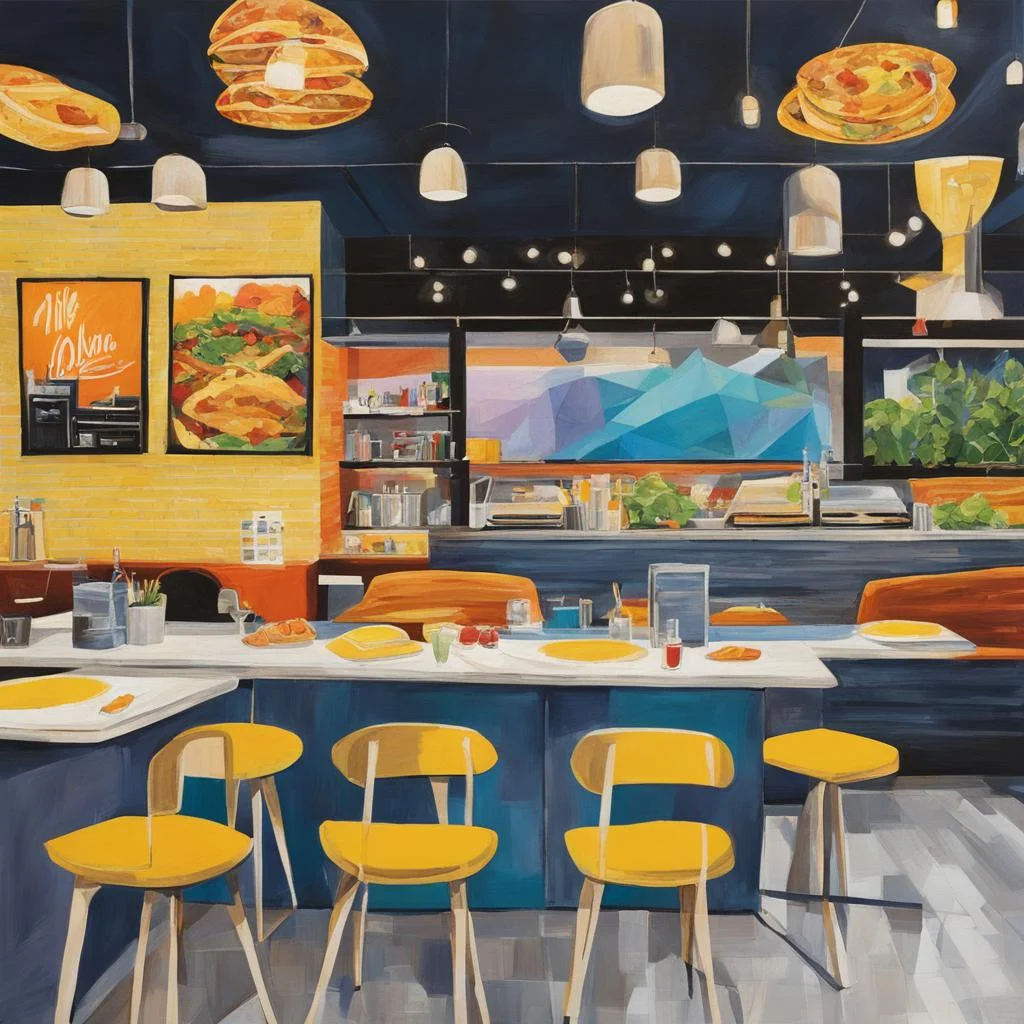Since OpenTable was founded in the dotcom boom back in 1998, its been no secret that online reservations are a great way to bring in business for full-service restaurants. Not only do they make it easy for customers to book a table, but they also provide you with valuable data about your guests, and help you manage the flow of your evening. But with so many platforms to choose from, how do you know which one is right for you?
Here are a few things to keep in mind when choosing an online reservation platform for your restaurant:
1. What features does the platform offer?
2. What type of restaurants does the platform cater to?
3. How easy is it to use?
4. What kind of customer support does the platform offer?
5. What kind of reports and data does the platform provide?
6. How much does the platform cost?
7. Does the platform have a mobile app?
8. What is the marketing benefit of joining their network?
Once you've answered these questions, you should be able to choose the right platform for your restaurant.
Platforms to Consider
You need to make a decision: which online reservation platform should you choose? Well, that depends on your needs. Here are a few platforms to consider:
Resy powers many of the world's best restaurants. If you're looking for a platform that has a large network without paying top dollar, Resy is your choice. Resy was acquired by American Express in 2019.
OpenTable seats more than 1 billion diners each year so if you're looking for a platform with a large user base, OpenTable is hard to beat. Historically the downside for OpenTable has been that you pay $1/cover, but their network is powerful and the return on investment is good.
If you're looking for a platform with powerful data analytics capabilities, SevenRooms should be at the top of your list.
Tock was founded by restaurateur Nick Kokonos, and was acquired by Squarespace in 2021. If you're looking for a platform with great customer service and low costs, Tock is the way to go.
If you're looking for a comprehensive marketing solution, Yelp is worth checking out. The platform has often rubbed restaurateurs the wrong way, but there's no denying their reach.
Ease of Use
Reservation systems tend to be super complicated to setup on the backend, so when looking for a reservation platform, ease of use is key. After all, you don't want something that's going to be a headache to use and that's going to take up too much of your time.
Look for a platform that's user-friendly and easy to navigate. The platform should also be customizable, so you can make it work the way you want it to. For instance, on an individual table you should have the ability to make it available for reservations only during shoulder hours to maximize your turns on a busy night. You also want to make sure that the system can help you fill tables when guests cancel in the last minute. Resy's Notify feature is a great way to fill tables in a pinch.
And lastly, make sure the platform has a good reputation and that other restaurateurs are happy with it.
Cost
If a reservation platform includes a table management system then that's typically going to start at around $200/month no matter who you go with. If you have multiple locations, you should make sure that you can merchandize your restaurants on each other's listings -- this helps to drive incremental bookings.
OpenTable is the only platform that charges a cover fee, but their network is the largest and it makes sense if your average guest spend is $40 or more.
Other Factors to Consider
There are a few other factors you need to consider. First, what integrations does the platform have with popular POS companies like Toast, Square, Lightspeed, and Aloha?
Second, does the platform have waitlist capabilities that allow guests to remotely add themselves to your waiting list? This is a great feature to have, especially if your restaurant is busy and you often have to turn guests away.
Finally, it's worth doing some research to see which reservation service is used by the most popular restaurants in your city. Online reservations networks tend to build local network effects, so the more restaurants that use a given platform, the better it becomes for all of them.
Pros and Cons of the Most Popular Platforms
Most are great, but there are a few that stand out from the rest. Here are the pros and cons of the most popular ones:
OpenTable
PROS: It's one of the most well-known platforms, so it has a lot of consumer awareness. It's also very user-friendly.
CONS: It can get expensive if you're a high-volume restaurant.
Resy
PROS: Resy gives you much of the network that OpenTable does in the bigger cities at a fraction of the cost. Resy's ties to Amex also help bring in high-spend guests.
CONS: Since being acquired by American Express, Resy has been more focused on providing access to Amex members as opposed to building new, trailblazing features that set it apart in their earlier startup days.
SevenRooms
PROS: It has a lot of features that cater to high-volume restaurants, such as the ability to export data into different formats.
CONS: It doesn't have as much of a consumer presence as OpenTable, Resy, and Yelp.
Yelp
PROS: Yelp's acquisition of SeatMe for reservations and NoWait for waitlist management has helped them build a really solid suite of restaurant tools to package with their already huge consumer network.
CONS: It's Yelp.
Conclusion
It can be tough to decide which online reservation platform is right for your restaurant. But with so many great options out there, you're sure to find one that fits your needs and helps you bring in more business.
To recap, here are a few things to consider when making your decision:
How many reservations do you need to make each day?
Does the platform charge per reservation?
Do they have a consumer presence in my city?
What kind of features do they offer?
Do they offer marketing tools to help promote your restaurant?
Is the platform easy to use?
After answering these questions, you should have a good idea of which platform is right for you. Happy hunting!

















.svg)





.svg)
.svg)




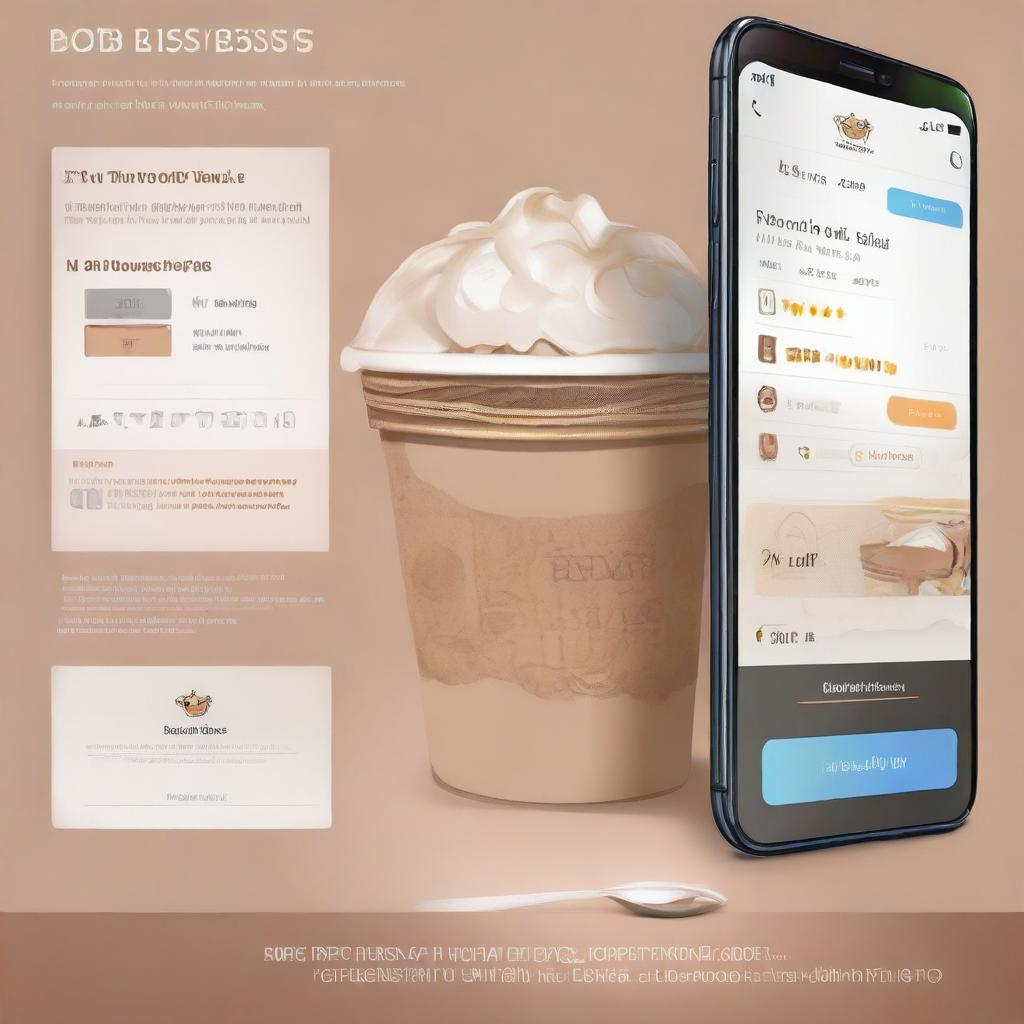


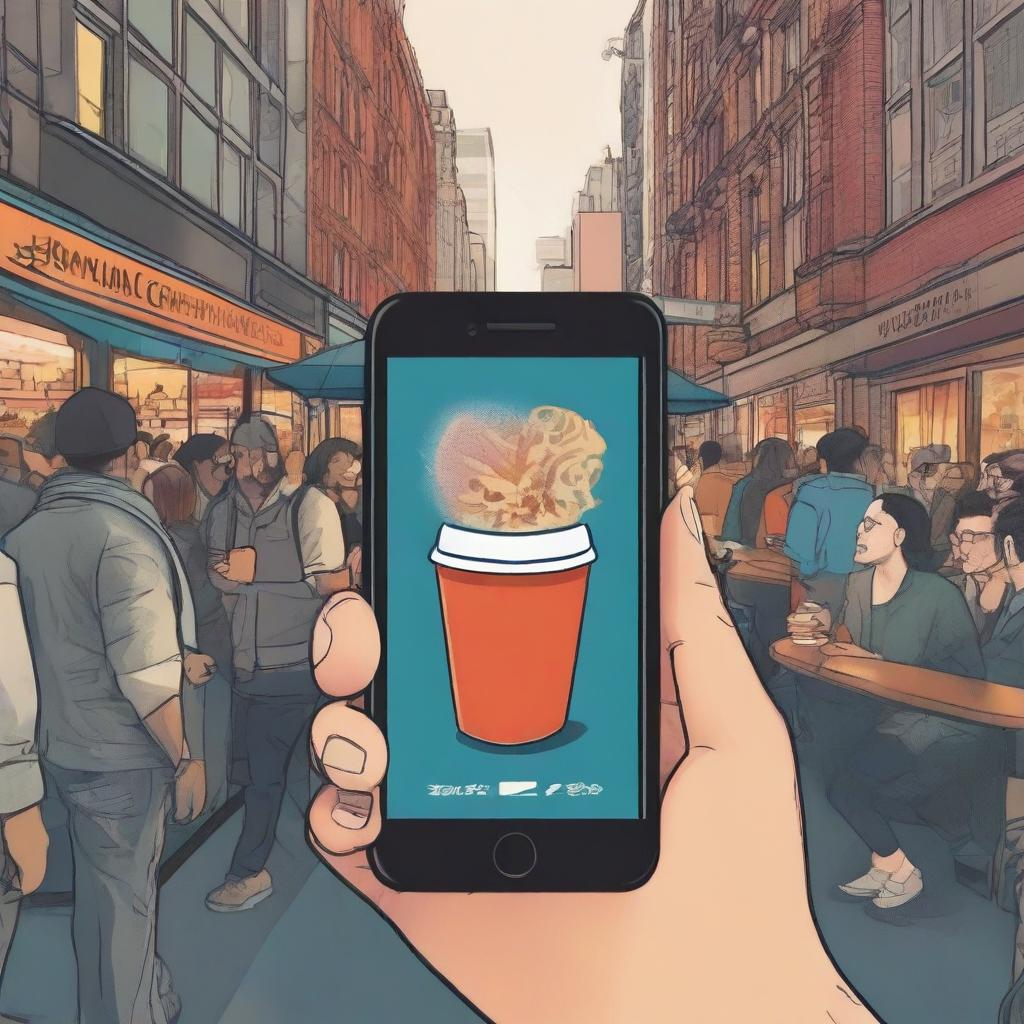
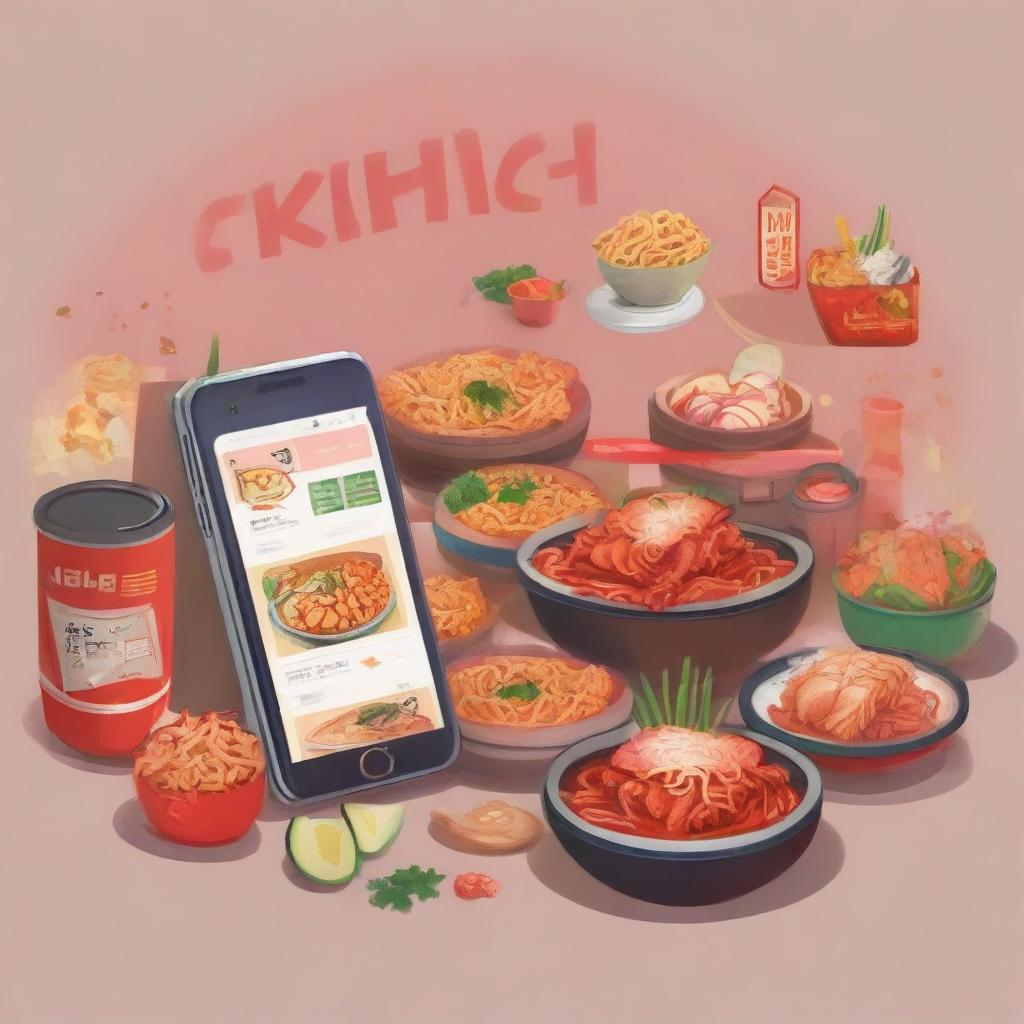
.png)
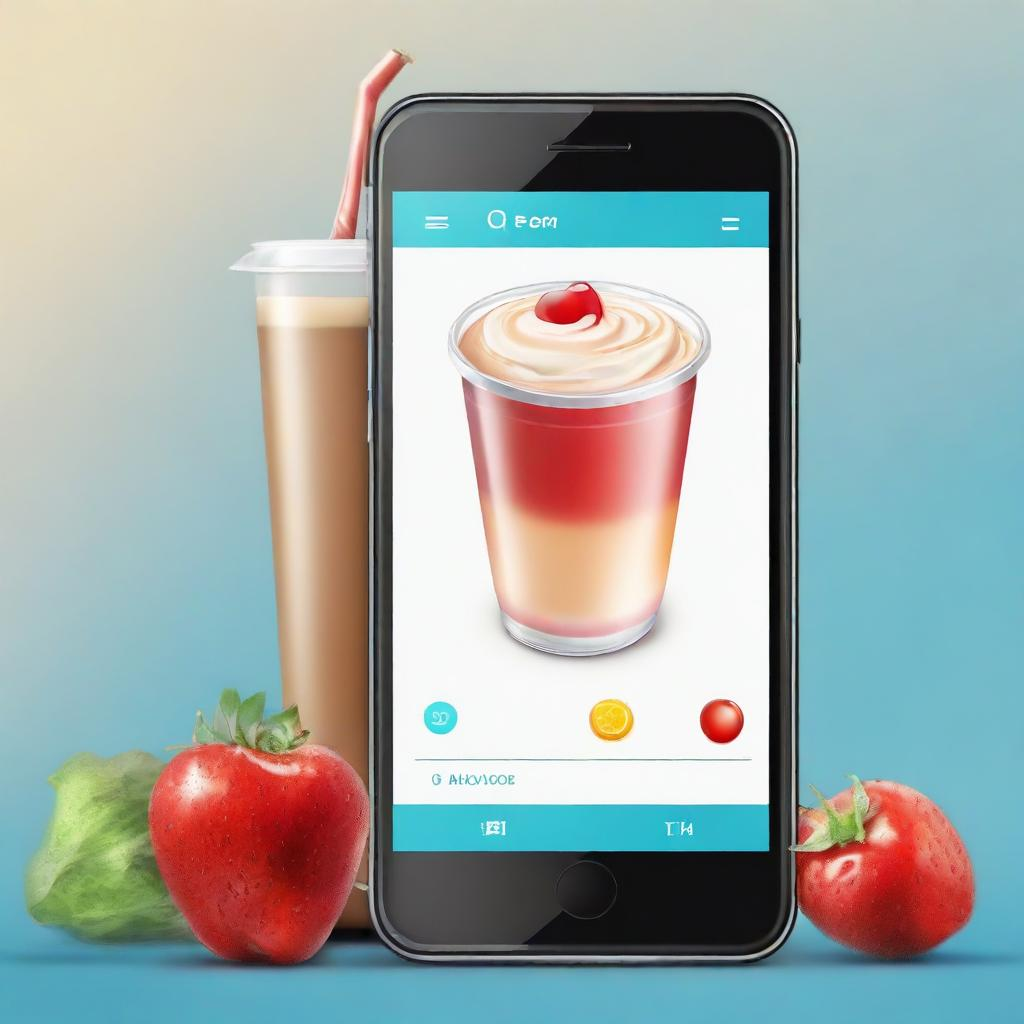
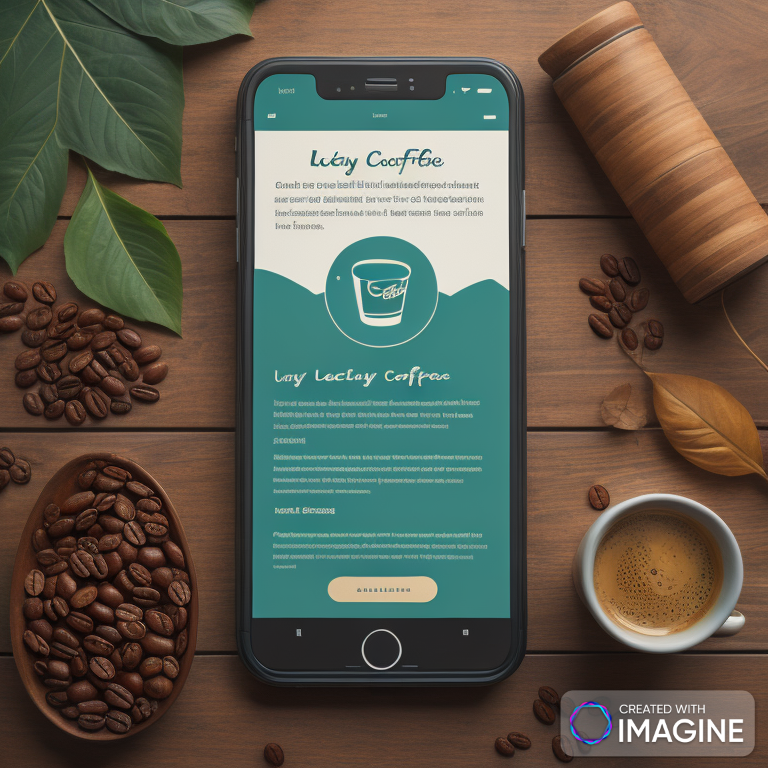





.webp)

